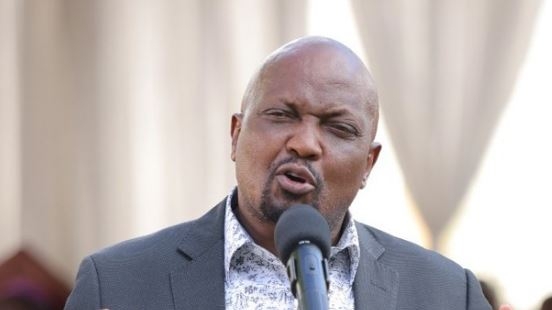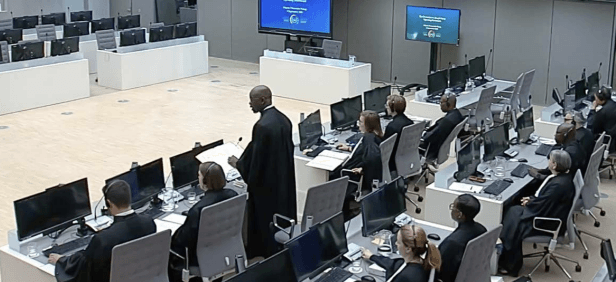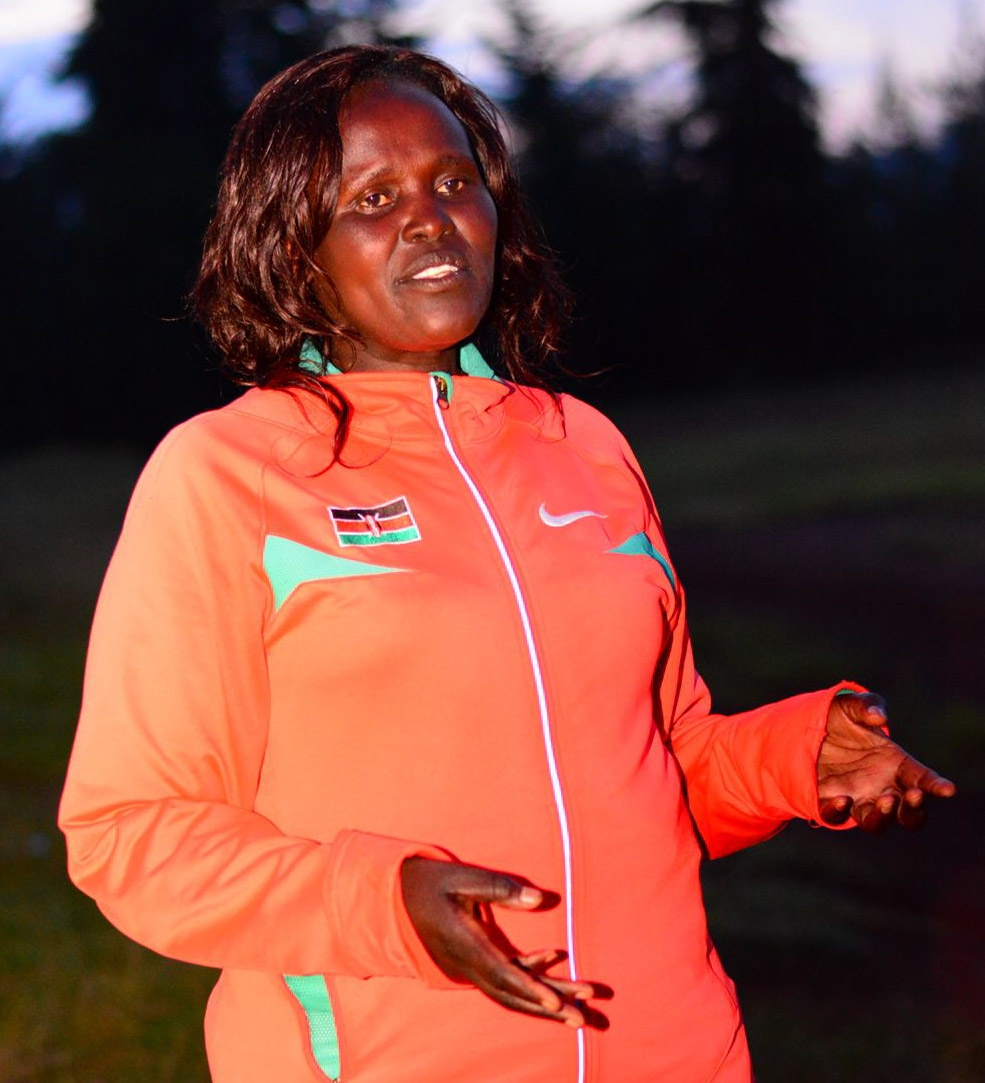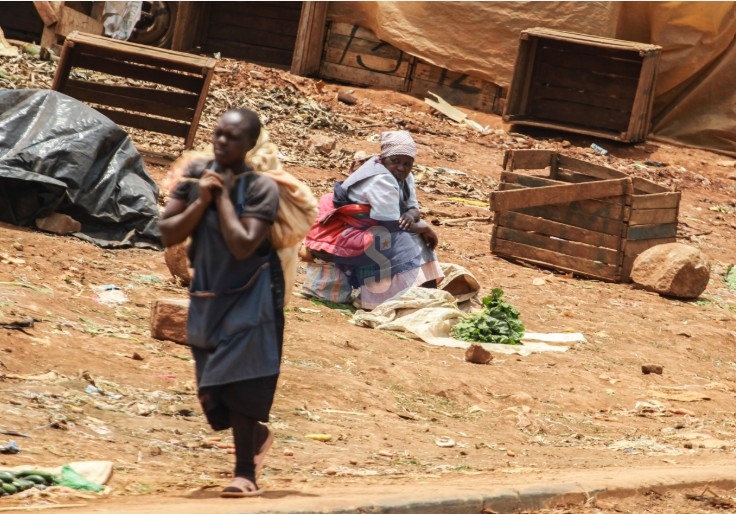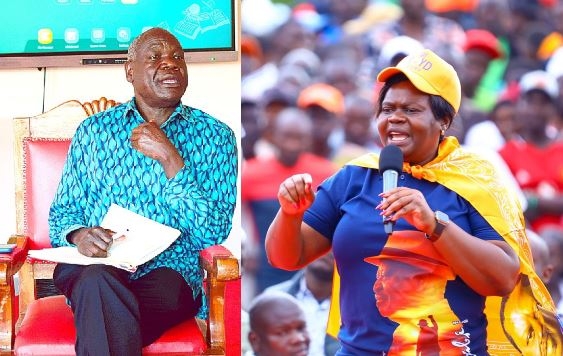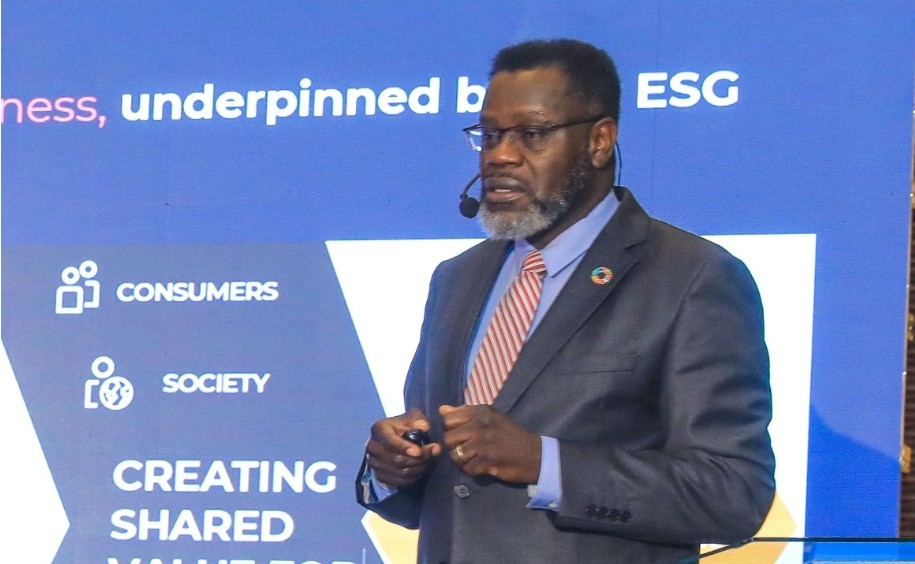Fireworks loom in the National Assembly on Wednesday when MPs debate a hot-baton report on the Sh6.3 billion maize flour subsidy programme.
The programme was initiated under the reign of former president Uhuru Kenyatta.
However, MPs claim it was a public rip-off as no subsidised flour reached consumers.
The anticipated stormy debate would rub salt into the healing wounds of the 2022 presidential confrontation.
The debate would also test the endurance of the recent truce between President William Ruto and opposition leader Raila Odinga.
The report, which was tabled in the House by the National Assembly Departmental Committee on Agriculture on February 27, is coming up for debate on Wednesday afternoon.
If adopted by the House, the report contains far-reaching recommendations that would see top Uhuru-era officials record statements with the Director of Criminal Investigations.
The committee, for instance, recommended that the DCI probe the programme after it established that most of the flour said to have been distributed under the program could not be traced.
The DCI will table its report for adoption by MPs within three months after the report is adopted for the House to decide the legality of payments made to some millers.
The committee also recommended that the Auditor General conduct a special audit of the maize flour programme for the financial year 2022/23 to ascertain whether there was prudent use of public resources.
“At least 82.17 per cent of the total maize flour that was produced under the subsidy programme by the Cereal Millers Association cannot be traced to the consumers based on the distribution channels," reads the report in part.
The Committee recommended that the Agriculture Cabinet Secretary submit a report to Parliament within three months of the adoption of the report explaining how some millers were allegedly favoured for payments.
The ministry will also table a report within three months of the adoption of the committee’s recommendations, detailing reasons why the maize subsidy programme was initiated a month before the 2022 polls.
“In future related interventions, there should be a clear interpretation layout of the Executive Order and the implementation arrangements laid out for information to the actors as well as those who may wish to question the ongoings on relating to subsidy programmes by the government," the committee recommended.
The committee had observed that there was a disconnect between Uhuru’s speech and the adopted implementation of the subsidy programme.
The committee noted that the speech did not contain timeliness, an issue it observed, a complete departure from the ministry’s decision to have the same run for one month.
The committee also said the speech did not also contain cost reduction through payment to millers but majored on duty waivers.
The subsidy programme was implemented between July 1, 2022 and August 17, 2022, in the run-up to that year’s hotly contested elections.
Under the plan, Kenyans would purchase a 2kg packet of sifted maize flour at Sh100, down from Sh210.



